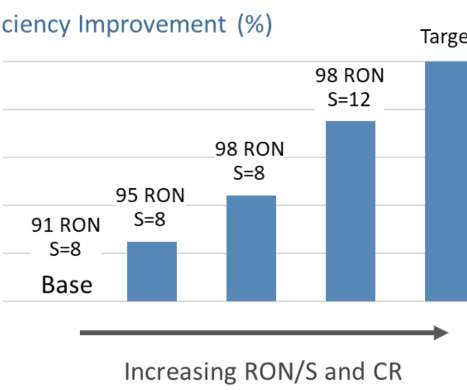Study Finds Strong Synergy Between Spark Ignition Engine Downsizing and Low-to-Moderate Alcohol Blend Fuels
Green Car Congress
MAY 1, 2009
The researchers found that the combination of technologies allowed improvements in fuel economy over the engine drive cycle. Furthermore, a reasonable improvement in dilution tolerance could be achieved at higher engine loads, which could eliminate over-fueling requirements under such conditions. Cairns et al. SAE 2009-01-0138).











Let's personalize your content